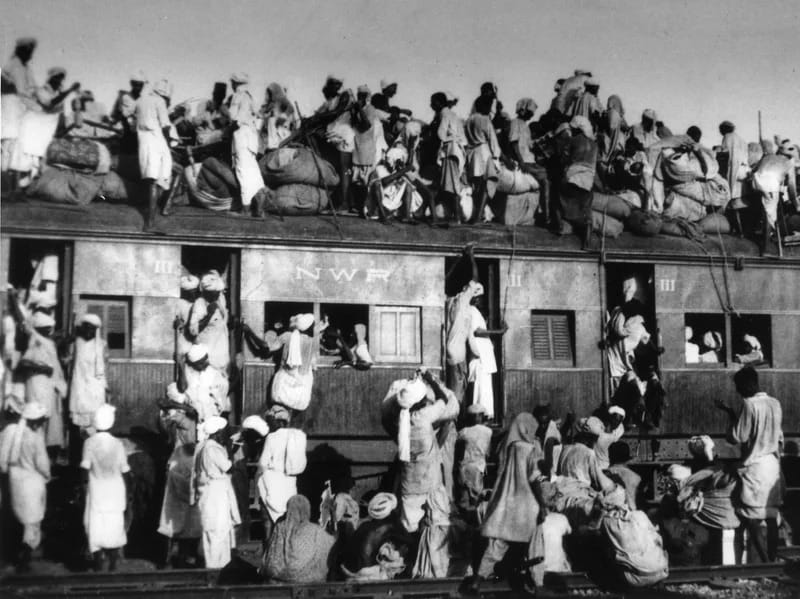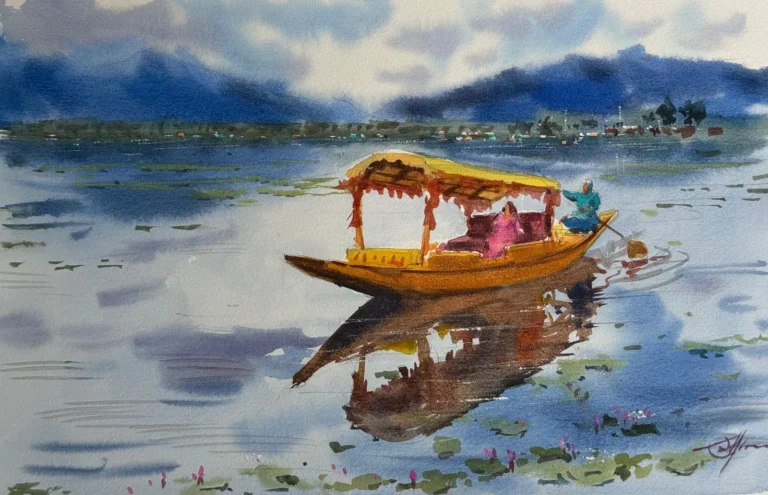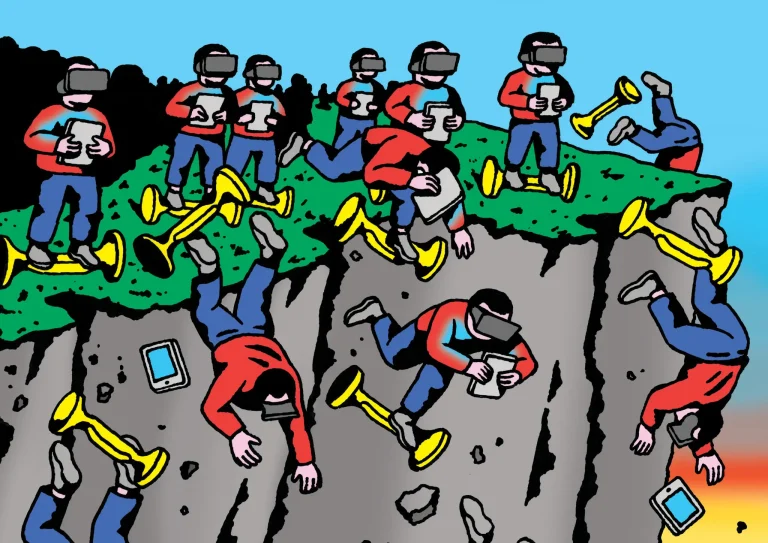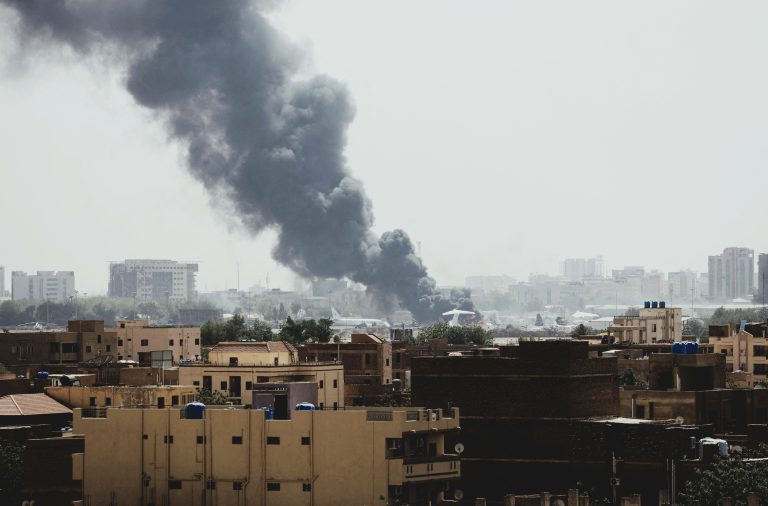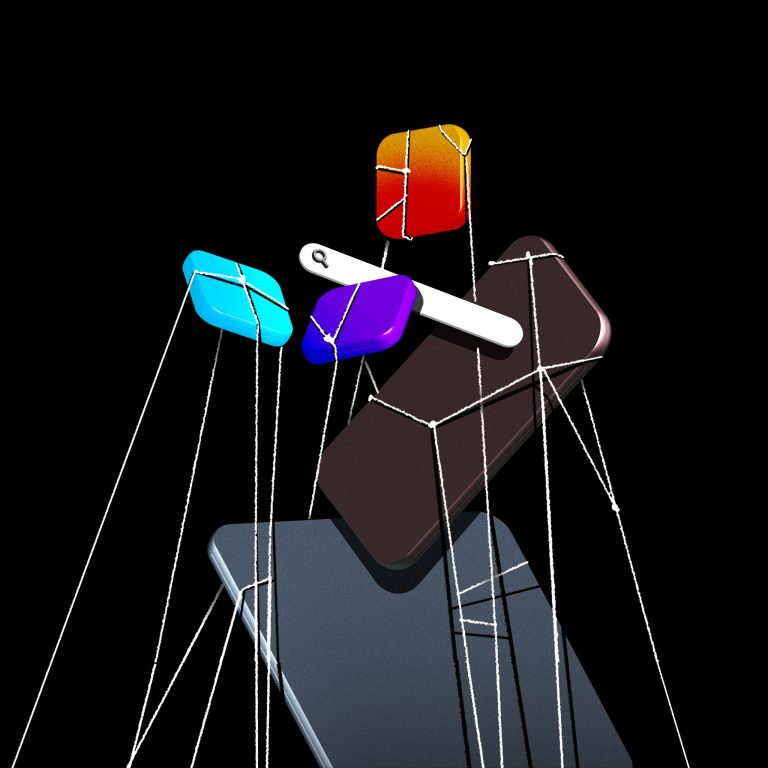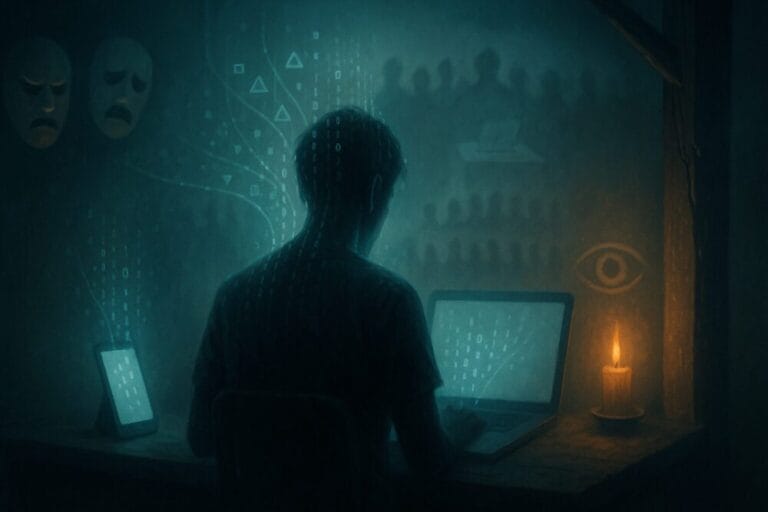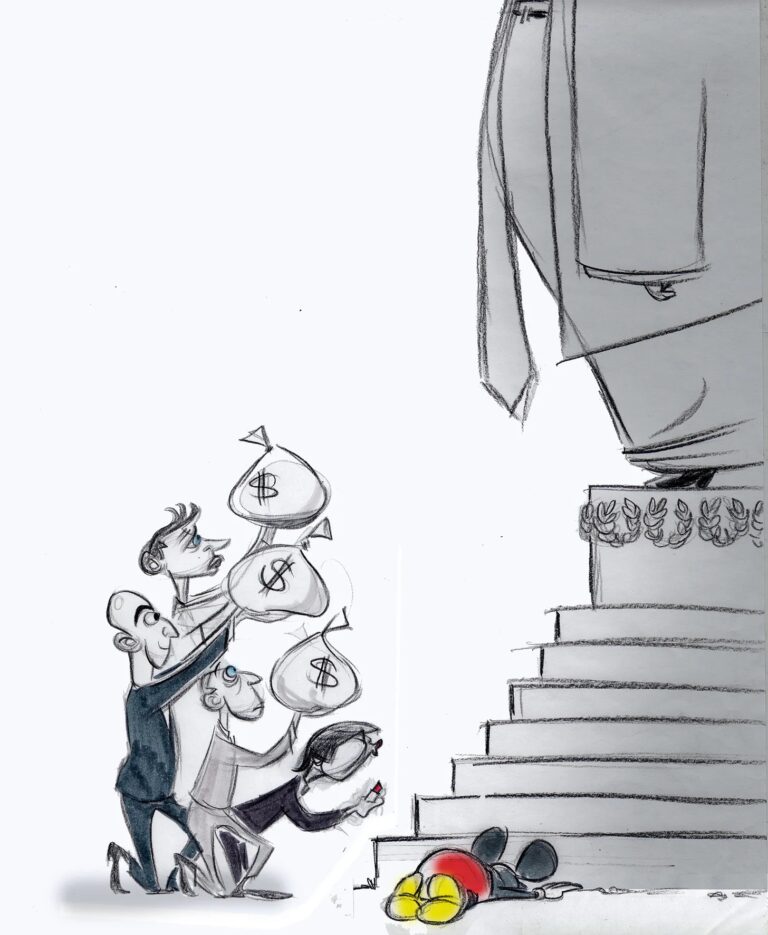This writing will be as short as it can get. We—humans—are flawed. Still, with all the unscrupulousness, a spark of virtuousness permeates. Regrettably, the idea of the latter’s existence is dismal, especially after the inundation with the litany of qualms that is part and parcel of living in this world: namely, massive inequalities of income and wealth and political movements that upend conventional norms. As many in the world, especially from South Asia, inevitably are privy to what transpired between two nation-states that coerced themselves to an arbitrary conflict that was not only detrimental to the many living by the border, the damage in the collective consciousness of the many gauging it is evenly striking. Sadly, the dictum professed by the body politic, in particular in India, is the antithesis of its founding ideals, namely, “an eye for an eye makes the whole world blind.”
Many, as is the norm these days, are rummaging through the colloquial aspects of the conflict, for instance, the intricacies behind the many targets hit; the drones—its manufacturer; the bantering on Twitter; the many memes; and, unsurprisingly, the disinformation that clouded most, if not all, of everyone’s information paradigm.
Sadly, with all the finger-pointing, the many traumas of the individuals who had to go through a perilous few days without the guarantee of seeing the light of another day—their stories metamorphose into mere numbers on a TV screen as a count for the number of either the dead or the injured. Most importantly, neglected amongst the quick witted, is the fact that the Indian subcontinent is the poorest region, subsequent to the African sub-Saharan.
Over the extended period of time, especially after two treatises I had transcribed, titled “Why I’m Done with the Indian Political Class” and “The Paradox of Contemporary India”—I ostensibly refrained from indulging in any discourse pertaining to that of India, in part due to the current state of affairs in the nation, in particular due to two phenomena that I had shed a light on.
That is to say, one, the absence of individual upward mobility in a society marred by a social stratification modeled on contemporary feudal aristocracy (social Darwinism coupled with a patronage system), and the second, the defenestration of even an iota of secularism, in tandem, Hindu nationalism in the ascendant not only in politicking, though succumbing into being a collective ideal espoused by most of the citizenry as a superlative.
The denigrative consequences of the political upheaval of the past decade in India are evident from the crass and arbitrary actions of the Hindu nationalist government. Intrinsically, they are not guided by a moral principle but by an urge for the continuance of suffering, may that be at the cost of both the physical and non-physical trauma of its demos.
Above all, not to delve into the intricacies, the lackluster state of affairs is not insular to India; albeit, the situation in Pakistan, to be succinct, is worse than whatever lackluster implies to the myriads of readers.
To list a few:
In Pakistan,
1. Opposition leader politically persecuted: jailing of Mr. Khan;
2. A military autocracy: General steering the ship;
3. The poverty rate is approximately: 37.2%;
4. An abysmal literacy rate of: 58%;
5. Elevated consumer price: 12%;
6. Pervasive nature of corruption: ranked 135 in the world;
7. High government debt (debt to GDP ratio): 80%;
8. Terrorism: 1081 induced fatalities, and 1548 injuries;
9. Absent autonomy for the press: ranked 158 out of 180 countries;
10. Death of the infants at the expense of the furthering of the military prowess: 51 per 1,000 live births, the 18th worst in the world; and
11. The most vulnerable country to a deteriorating global climate.
I never envisaged this writing to be filled with convoluted gobbledygook, as I had never pondered writing anything about India, yet such a situation compelled me to. At first, I was hesitant to share my thought process pertaining to this conflict, as it was all in the making, and I was overly pessimistic with the trajectory the two nation-states are heading in, principally, in terms of the prevalence of religion as an ideological tool rather than a guide, and notably, the lack of a scrupulous moral order. Essentially, as long as the zeitgeist in both the nations gravitates towards the compartmentalization of the realities of life under the veneer of religion, suffice to say, the conflict will remain.
Likewise, just to elicit a fact for the many dividers: we share a history that dates back to 4000 years ago; the people of the two warring states speak the same language, eat the same food, share the same swear words, listen to the same songs; and once were brethren in the endeavor for independence. Above all, everyone just aspires to have a life fulfilled with peace and have contempt for the folly thrusted by the fundamentalists. Forgetting the negative ad peddlers, let’s adhere to the axiom of Mr. Gandhi, “An eye for an eye makes the whole world blind.”, not to say the least, there is a pertinent reason, in particular, why we have a pair—not to the contrary.
